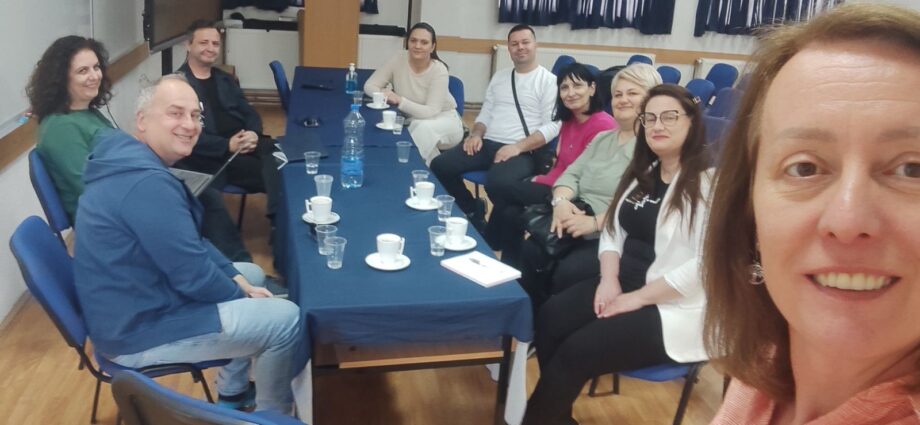From February until the end of April 2025, the Center for Innovations and Digital Education (Dig-Ed) monitored the progress of the SHIELD (Simulation game-based Hands-on Instruction for Enhancing Cybersecurity Learning and Development) workshops implemented across participating schools.
SHIELD was designed to revolutionize cybersecurity education by combining engaging, game-based experiences with hands-on activities that develop real-world digital safety skills. The program targets primary and secondary school students, helping them not only understand theoretical concepts but also apply them through immersive, game-based learning scenarios.
Reflection visits were conducted as part of the SHIELD workshops implementation to provide an opportunity for meaningful dialogue between educators and the monitoring team. Over the course of three months, Dig-Ed conducted visits to schools where the workshops were implemented to evaluate their effectiveness and support continuous improvement. During these visits, teachers shared their experiences, challenges, and successes in delivering the workshops. The focus of the reflection visits was not only to assess the impact on students’ cybersecurity knowledge and skills but also to encourage continuous improvement by identifying best practices and areas for enhancement.
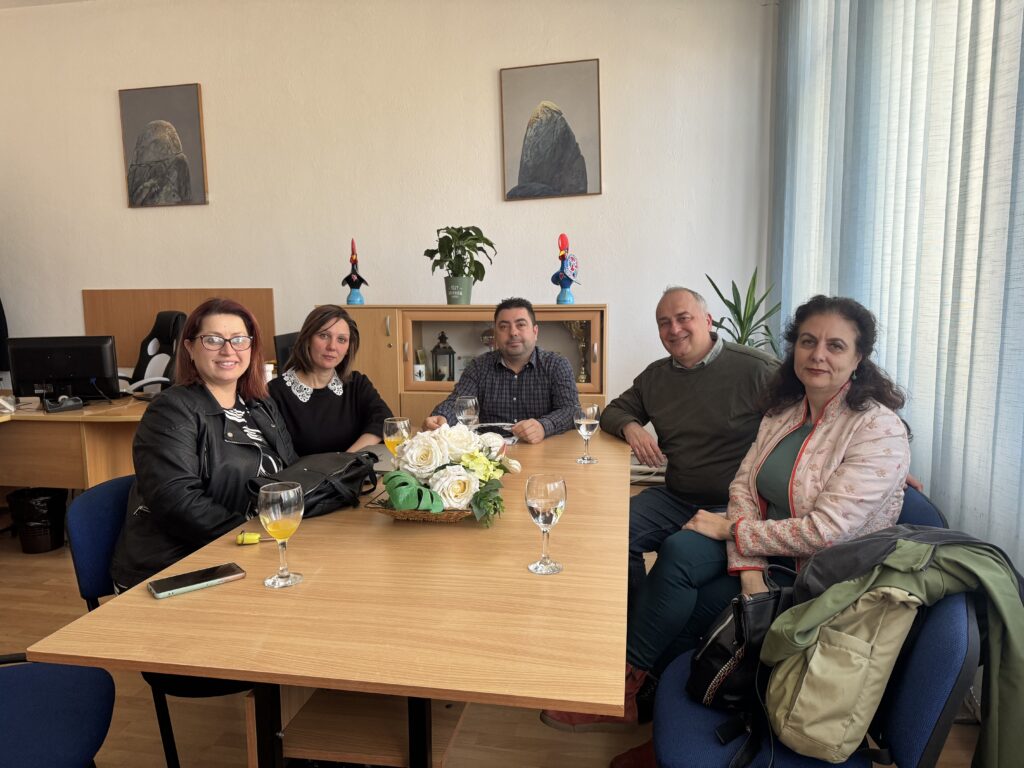
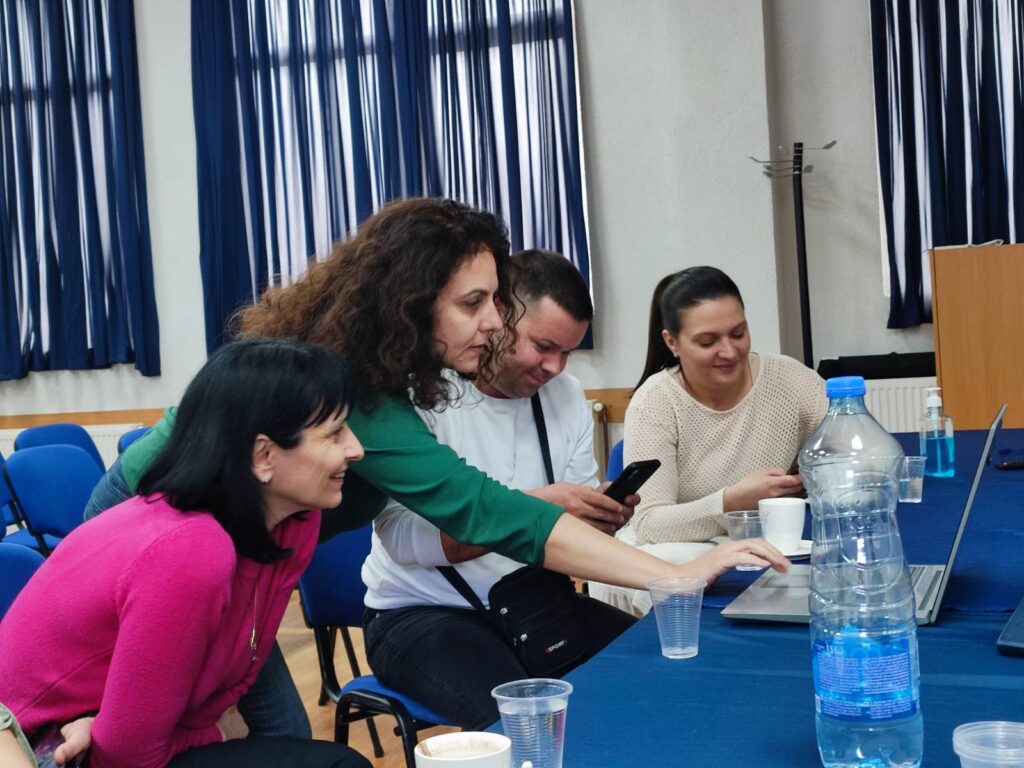

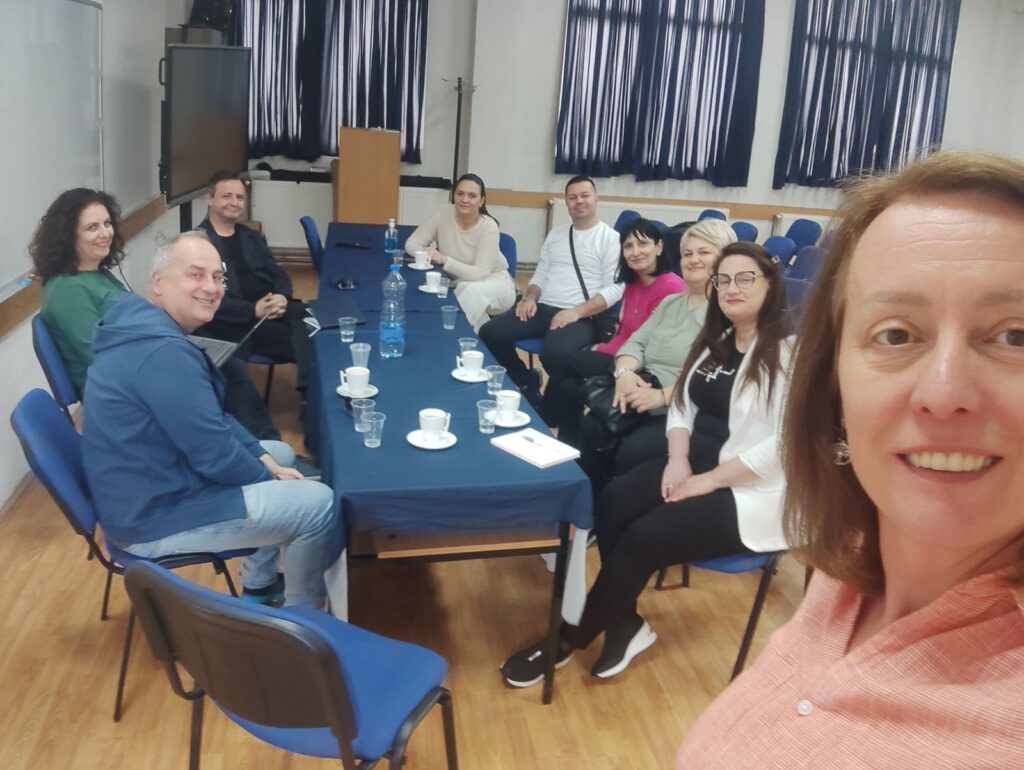
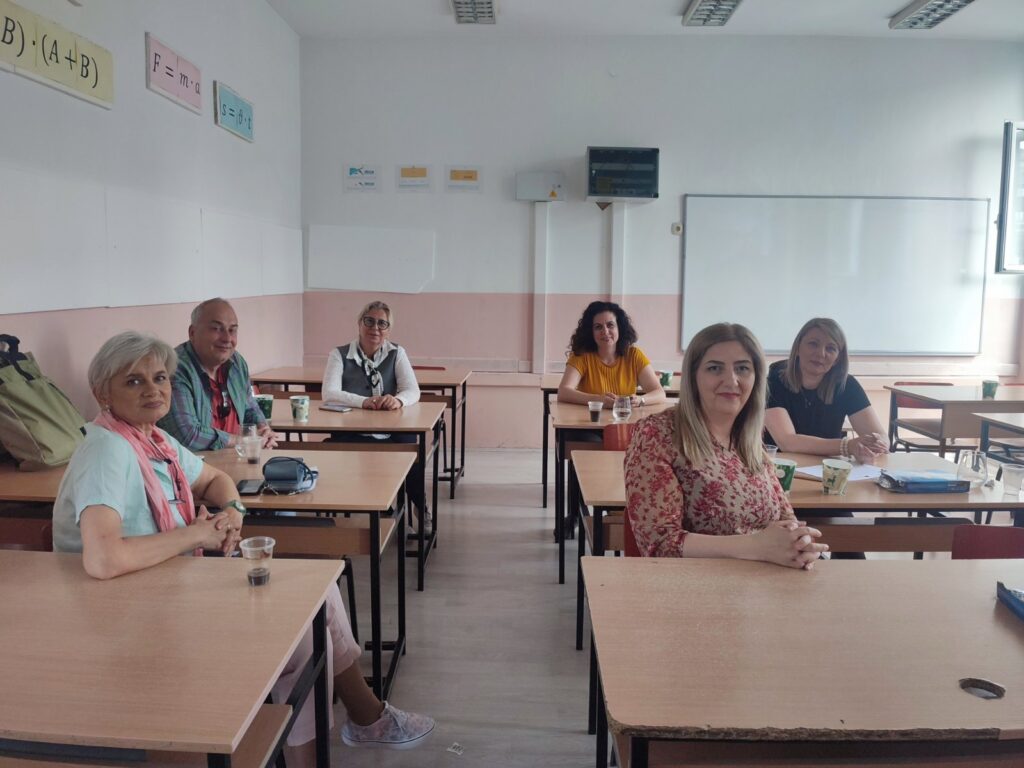
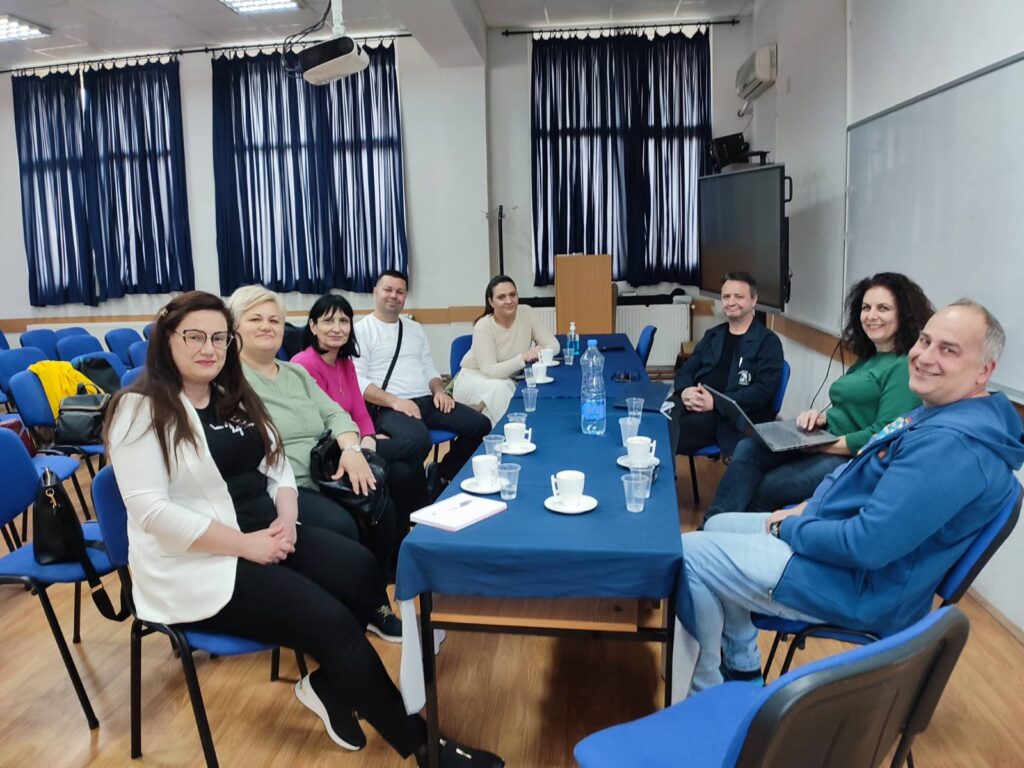
Teachers provided feedback on the experience, describing the process of designing various gamified experience based on SHIELD methodology, implementation and its impact on students’ knowledge and skills related to cybersecurity. They were also describing workshops implementation, focusing on students’ satisfaction with the activities and their opinions on this innovative learning approach.
Students’ progress was tracked through their completion of in-game challenges and their ability to apply cybersecurity concepts in hands-on exercises. In addition, students’ knowledge of cybersecurity was assessed at three stages: before the workshops, immediately after their completion, and one month later. This approach aimed to evaluate the impact of the SHIELD methodology on the acquisition and retention of knowledge and skills.
Initial reports show that students are highly motivated by the SHIELD simulation games, which blend storytelling, problem-solving, and cybersecurity skills development. Teachers reported increased student engagement compared to traditional instructional methods, with many students requesting to extend the sessions beyond the scheduled time. Moreover, there was a noticeable improvement in students’ understanding of cyber threats and safe online practices, along with greater collaboration and communication among peers.
Preliminary results from the knowledge assessments indicate that students’ cybersecurity knowledge significantly improved as a result of the workshops. Importantly, their competencies not only sustained but even continued to improve over time, demonstrating the strong, lasting impact that SHIELD is having on cybersecurity education.
To further contribute to the development of teachers’ skills, new AI tools for creating story-driven gamified experiences were introduced during the monitoring period. Teachers were encouraged to use these tools to design new gamified activities, which will be used for the participation in the upcoming national competition.

